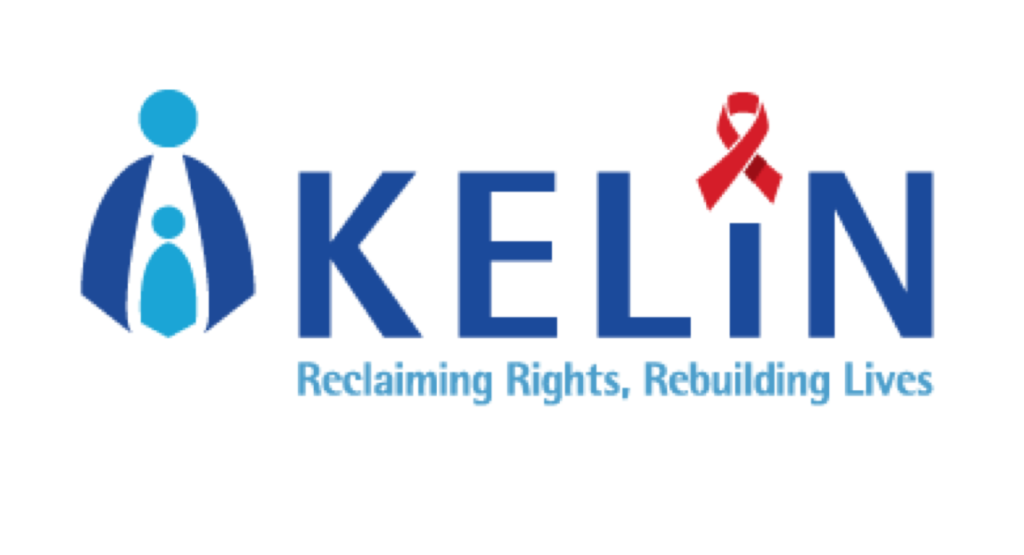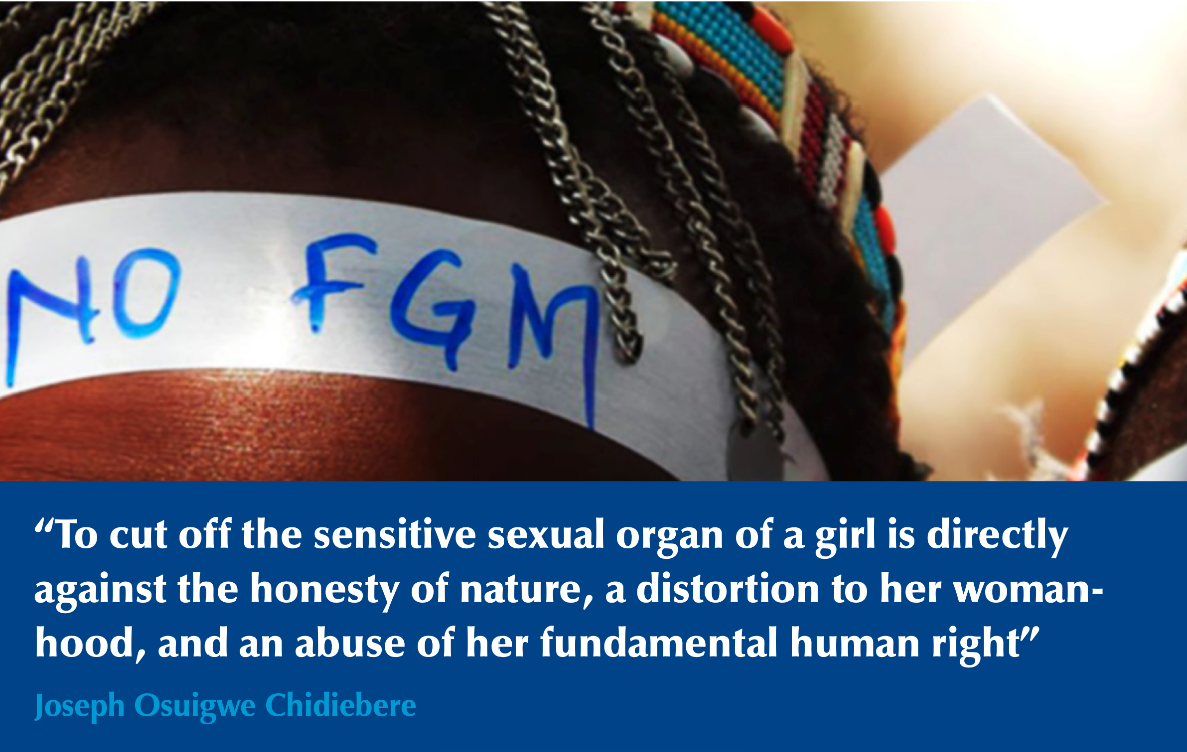The path leading to the development of anti-homosexuality laws in Kenya has been windy to say the least. Kenya’s anti-sodomy laws were promulgated during the British colonial rule and have since been perpetuated by the post-independence governments. Mzee Jomo Kenyatta in particular stated that, there is no African word for homosexuality. His sentiments were echoed by his successor Daniel Moi who was categorical that homosexuality was a sin against culture, tradition and religion. Over the years, the disapproval of same sex relationships especially between men, still runs deep within the Kenyan society.
These colonial anti-homosexuality laws are enshrined at sections 162, 163 and 165 of our penal code. Section 162 of the penal code provides that a person is guilty of an offence and liable to imprisonment for a term of 21 years if that person has carnal knowledge of another against the order of nature. Section 163 provides for a 7 years sentence for attempting to commit unnatural offences while section 165 outlaws indecent acts between males. It specifically states that any man who commits an act of gross indecency with another man whether in public or in private is guilty of an offence and is liable to a prison term of 5 years. Despite the above, no one has been prosecuted under these laws due to the difficulty in proving, beyond reasonable doubt that a person has engaged in a homosexual act.
But things took a drastic turn on the morning of 18 February 2015 when police arrested two young men while at a restaurant in Msambweni, Kwale County. The men were swiftly presented before a magistrate whom upon prompting by the police gave a court order requiring the young men to undergo medical tests to prove that they had engaged in anal sex. The prosecution’s case was based on section 36 (1) of the Sexual Offences Act which provides that the court may direct that an appropriate sample or samples be taken from the accused person, for the purpose of forensic and other scientific testing, including a DNA test, in order to gather evidence and to ascertain whether or not the accused person committed an offence. It was also in response to public outcry and backlash after pornographic photos were circulated on social media platforms featuring men from the coastal town engaging in sexual acts.
The young men were consequently presented at the government-run Coast General Hospital in Mombasa, where doctors ran blood tests to test them for HIV and Hepatitis B. The healthcare workers thereafter reportedly subjected them to anal examinations with the aim of proving their sexuality.
This violation was a first of its kind against the community in Kenya. Various pro-Lesbian Gay Bi-sexual Transgender and Intersex (LGBTI) advocacy groups (led by the National Gay and Lesbian Human Rights Commission) filed an urgent petition in court to halt the criminal case and ask the High Court to declare that the anal tests performed on the two gentlemen were unconstitutional and amounted to inhumane and degrading treatment. The court consequently pronounced itself on 16 June 2016, upholding the veracity of the anal examinations and dismissing the petition on the basis that the medical examinations as conducted were in accordance with the Sexual Offences Act.
Though consequence of the decision is yet to be felt, the reality of how far back it has taken the LGBTI community and pro-health activists is slowly sinking in. The judgment will particularly expose gay men to arbitrary arrests and inhuman medical exams to prove their sexuality. What is most unfortunate is that this judgment will hinder LGBTI access to healthcare and especially HIV prevention and treatment as it has to a great measure sanctioned degrading medical tests that will not only foster stigma and discrimination from healthcare workers but enforce self-criminalization of gay men.
It must be noted however, that as the Kenyan government clings to these draconian laws, our former colonial masters have since amended their penal codes and deleted these provisions because of the human rights violations they expose the LGBTIs to. There is urgent need to appeal the high court decision and fast track the legal reform process aimed at removing barriers to access to healthcare for key and affected populations.
Ted is the Programme Officer, Key and Affected Population
@keleleralph


